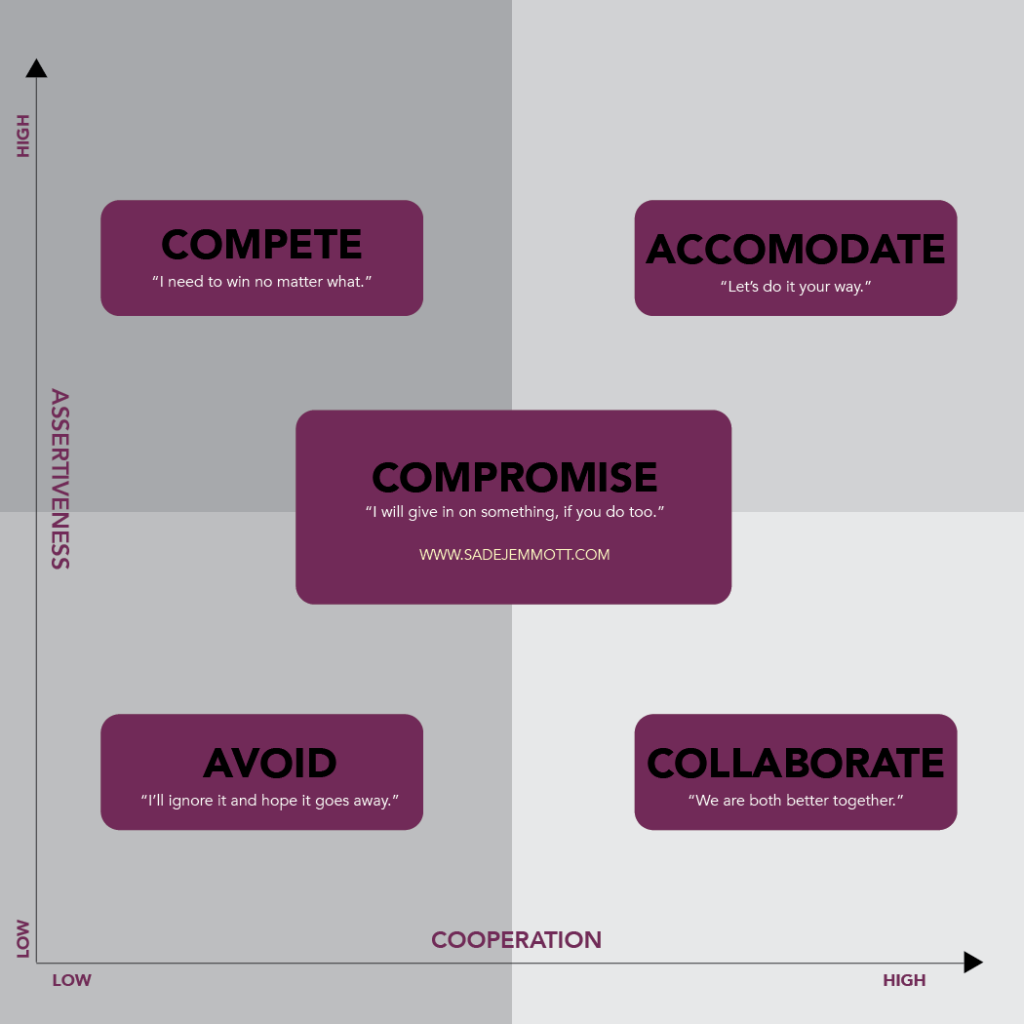WIN
- VERB: be successful or victorious in (a contest or conflict) 2. acquire or secure as a result of a contest, conflict, bet, or other endeavor
- NOUN: a successful result in a contest, conflict, bet, or other endeavor; a victory.
However, defining ‘win’ when it comes to business is not as simple as the average dictionary or google search may lead one to believe.
In the case of a business dispute or conflict, for example. Would you define winning as being successful in court? Or not letting things get that far to begin with? Personally, I tend to steer young entrepreneurs and MSMEs towards the latter. Litigation is costly, time-consuming and often more trouble than it is worth when you do not have lots of resources at your disposal. Additionally, it is always advisable to consider the reputational risks that can sometimes be associated with such a public course of action.
I am, therefore, as strong an advocate for picking your battlefield as I am for picking your battles. This is exactly why I think it is important to start by differentiating between a dispute and conflict. I like to think of a dispute as a short-term disagreement. Something that can be resolved because the issues at its core are inherently negotiable. Whereas, conflict runs a lot deeper, is usual long-term and is often the result of opposing, fairly non-negotiable principles.
Reason and effective communication can resolve almost any dispute between willing parties. In fact, I find focussing on objectives rather than positions to be a particularly useful approach.
So, how should you define a ‘win’ when it comes to business-related disagreements?
Honestly, it depends:
Whether the problem is with a supplier, service provider or customer, you have a choice to make in terms of how you will address it. Based on my experience and research, the above graphic is a fairly good representation of your main options when it comes to a business-related disagreement. Which one you chose will depend a lot on your personality, line of business, the other party and other surrounding circumstances. For example:
- Dana may decide to compete with Corbin’s Construction rather than reconsidering her original position on hidden costs. She may deliberately choose to assert herself significantly and display an unwillingness to cooperate if no future relationship is necessary and her main objective is just to secure the best possible result for herself now e.g. staying within budget on her renovations.
- Alison may be particularly motivated to collaborate with Mark in order to find a solution that everyone can be happy with if she considers the business relationship to be an important one. By being both assertive and cooperative, this approach can preserve mutually-beneficial arrangements.
- Christina may decide to accommodate Mya by giving in to her demands for a refund or complimentary service, even though it may result in some immediate loss or inconvenience. She may be willing to risk being taken advantage of by Mya because she wants to avoid the possibility of getting a bad business review that might go viral.
- Sheena may decide to avoid Jason, a dissatisfied customer, and hope for the best. This approach largely puts Jason in control of the outcome, which may or may not be a bad thing. Some issues actually do resolve themselves; however, most do not. Nonetheless, Sheena may opt for this approach if after weighing the pros and cons, she assumes that responding in another way may make a bad situation worse.
- Lisa may decide to compromise with Sadie insofar as they each give the other party something she wants in order to reach a resolution. This approach requires both parties to strike the right balance. It is arguably capable of the widest application because it is flexible enough to extend well beyond a simple 50/50 compromise.
Based on the above scenarios, I hope it is clear that there is a time and place for each approach. How you define ‘win’ in any given circumstance depends on your objectives, which will determine which approach is best for you.
__
If my content is of interest to you, be sure to follow Sade Jemmott Consulting on Instagram and Facebook. Please also tell a friend!



